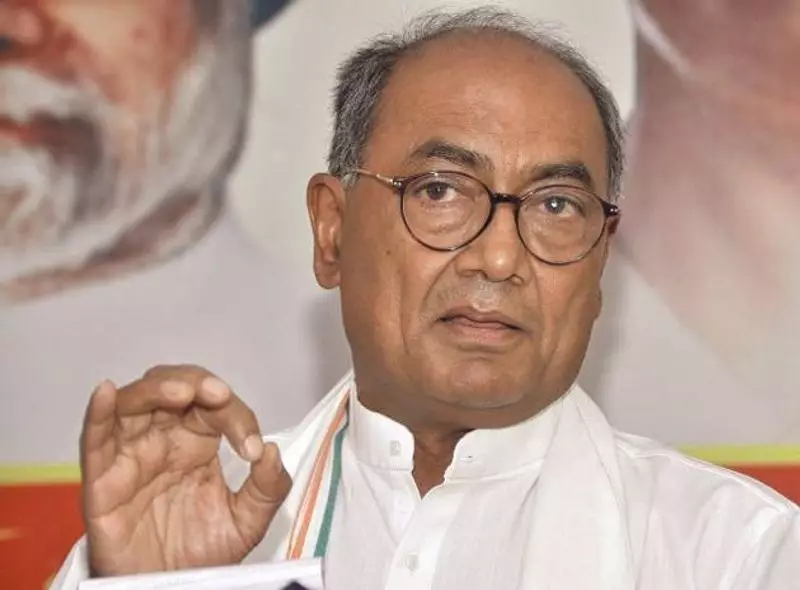
In a statement that has ignited fresh political controversy, senior Congress leader Digvijaya Singh has made startling historical parallels between India's partition era and contemporary politics. The veteran politician pointed fingers at both Muhammad Ali Jinnah and Vinayak Damodar Savarkar for their roles in the 1947 division of the subcontinent.
The Historical Allegation
Speaking at a recent public event, Singh didn't mince words when discussing the historical figures. "Both Jinnah and Savarkar were responsible for India's partition," he asserted, drawing immediate reactions from across the political spectrum.
The Congress leader's comments come at a time when historical narratives have become increasingly contested in Indian political discourse. His direct criticism of Savarkar, in particular, is seen as significant given the ideological reverence the figure commands among certain political groups.
Modern Parallels Drawn
More controversially, Singh extended his historical analysis to current politics. "The BJP is now employing similar divisive strategies in our neighborhoods," he claimed, suggesting that the ruling party is following what he described as the "old playbook" of division.
This comparison between pre-independence partition politics and contemporary neighborhood dynamics represents one of the most direct accusations made by a senior opposition leader in recent times.
Political Reactions
The statement has predictably triggered strong responses from BJP leaders and supporters. Many have condemned the remarks as:
- Historically inaccurate
- Politically motivated
- An attempt to rewrite history
- Divisive in itself
Meanwhile, Congress supporters have largely stood by Singh's comments, viewing them as a necessary confrontation of what they perceive as the BJP's divisive politics.
Broader Implications
This controversy emerges against the backdrop of ongoing debates about:
- The historical interpretation of partition
- The role of various political figures in independence era politics
- Contemporary social cohesion in Indian neighborhoods
- The political use of historical narratives
The timing of these remarks is particularly significant as India approaches another election cycle, where historical narratives and community relations are expected to be key campaign issues.
As the political storm continues to gather momentum, all eyes are on how this controversy will develop and what impact it might have on the broader political landscape and social harmony in the country.





